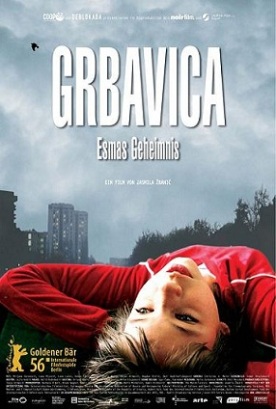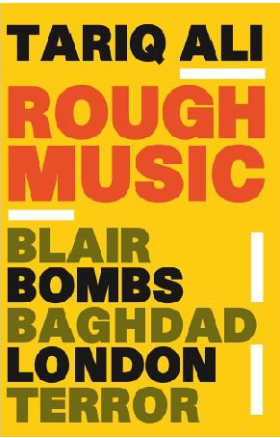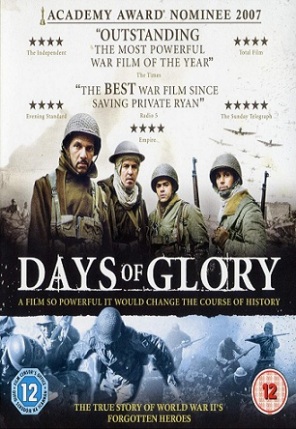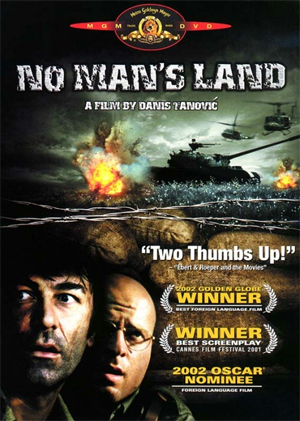
Translated from the Dari by Arley Loewen
(Translation first published 2005)
This is the first ever collection of fictions in translation that I have read from an Afghan author. These stories cover a range of themes including honour, love and financial difficulties faced by ordinary people. A couple of stories depict the class-based hypocrisy of the rulers and powerful men against the backdrop of oppression on ordinary people.
I particularly enjoyed “A Free Coffin” which is a burlesque critique of a miser who is bent on saving little pennies when he is faced with the burial of a relative that he has to pay for. “The Secret Unleashed” and “The Moderate Politician” reveal the hypocrisy of a ruling class in Afghanistan which led to widespread disillusion and discontent among Afghan masses.
The lead story titled “Real Men Keep Their Word” sharply portrays strong ethical values, ie unbending commitment to their word, unfaltering hospitality and even ubiquitous machismo Pashtuns are famous for . On the other hand, however, stories like “The Blind Eagle” and “A Crack in the Wall” didn’t carry much literary merit.
The foreword by Jamil Hanifi about Afghan novel writing and publishing history in Afghanistan was very informative. I had no idea things were so bad there with respect to Afghan publishing industry.
The translator, Arley Loewen, has chosen to translate Dari-specific expressions and idioms literally into English. For that reason the translations sometimes make an awkward reading. It would have been better if the local idiom was translated into equivalent or near-equivalent English expression with an explanation of original Dari expressions in the footnotes. However the translator is of the view that translating peculiar Dari idiom into equivalent English idiom doesn’t do proper justice with the original and rich Dari expression in which the stories are originally written.
Afghanistan gets a great deal of bad press for all the wrong reasons. The society, its people, it’s culture and morals are lain under the burden of negativity that has gripped the country since Soviet forces invaded over three decades ago. This collection of stories present a different side of the society always under scrutiny of foreign “experts”.
I rate it at 3/5. Find the book on AMAZON.









